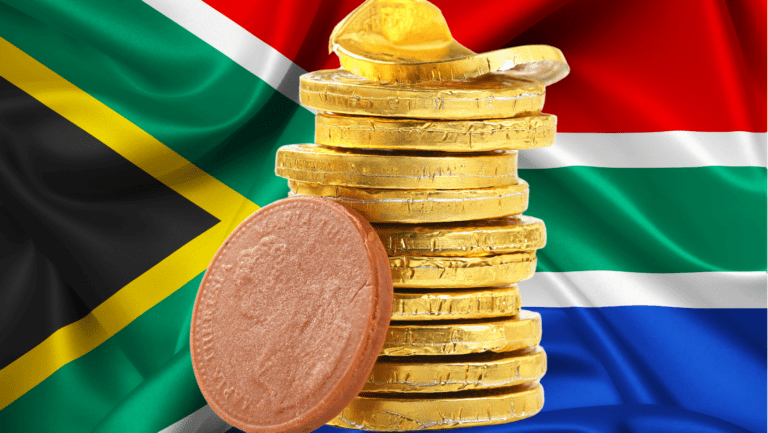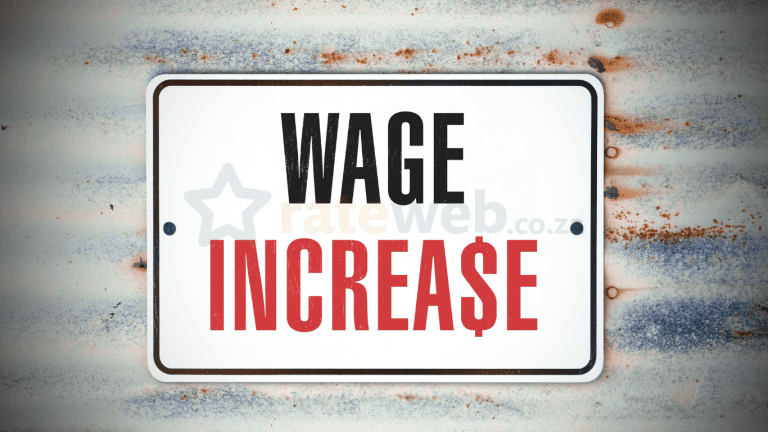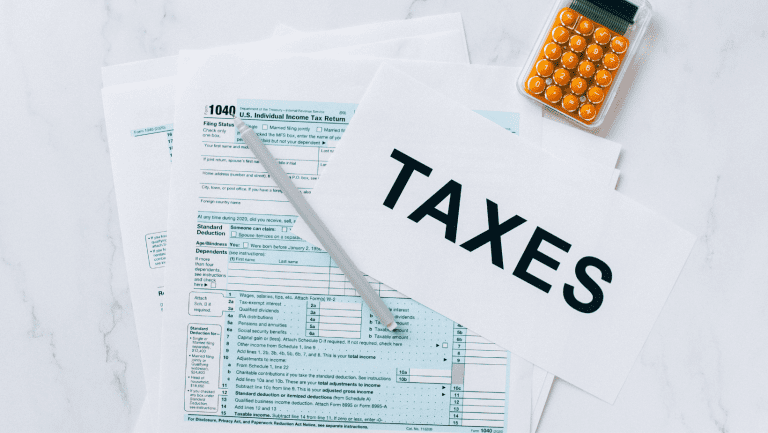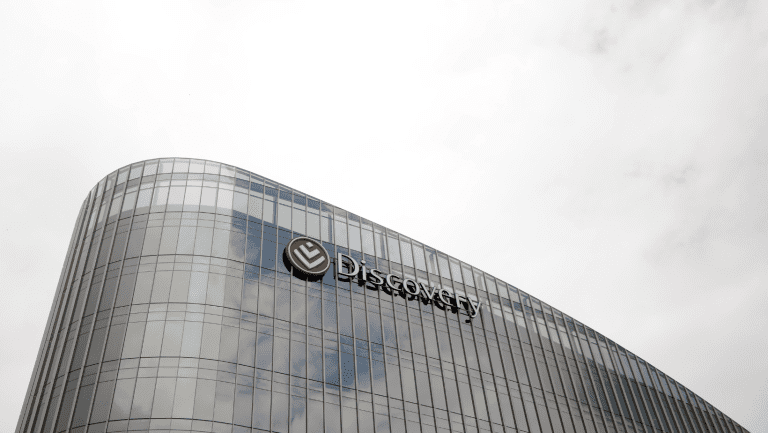South African consumers are under immense stress, with little hope for relief in 2023, according to the latest FNB/BER Consumer Confidence Index (CCI). Notably, it is the wealthier consumers, who possess the most significant spending power, that are the most pessimistic.
- The FNB/BER Consumer Confidence Index (CCI) for the first quarter of 2023 reveals that South African consumers, particularly middle-class and wealthy individuals, are experiencing significant stress and economic anxiety, with the index plunging to -23 points, the third lowest score on record since 1994.
- The decline in consumer confidence indicates a reduced willingness to spend, which could lead to a slowdown in real consumer spending growth and negatively impact various sectors of the economy, such as retail and motor vehicle sales.
- High-income households, who have the greatest spending power, are the most pessimistic, which is particularly concerning for the overall economy. As these affluent consumers invest in backup power systems due to increasing power outages, they may need to reduce discretionary spending, further affecting sales volumes of big-ticket durable goods.
Following a brief recovery in the fourth quarter of 2022, when the index score rose from -20 to -8, it has now plunged to -23 points in the first quarter of 2023. This reading is the third lowest CCI score on record since 1994, indicating severe concern among consumers regarding South Africa’s economic prospects and household finances.
The current score closely resembles the weak consumer confidence levels recorded during the third quarter of 2020 and the second quarter of 2022, which saw -23 and -25, respectively. These periods were marked by Level 3 Covid restrictions, alcohol bans, school closures, curfews, devastating floods in KZN, and the economic ramifications of the Ukrainian war.
The CCI score, expressed as a net balance, reflects consumers’ views on the economy and their willingness to spend. Low confidence indicates concerns about the future, such as job security, pay raises, and bonuses. In this mindset, consumers tend to limit spending to basic necessities and allocate more income towards debt repayment. Conversely, high confidence leads to increased spending on discretionary items, such as furniture, motor vehicles, clothing, and footwear.
Consumer spending is crucial to the overall health of the economy. When confidence declines, households typically delay purchasing non-essential items, negatively impacting sales in various sectors. According to the Bureau for Economic Research (BER), increased consumer confidence suggests a greater willingness to spend. However, this willingness only translates into actual sales if consumers have the means to spend, which depends on their inflation-adjusted after-tax income and credit availability. Therefore, a rise in consumer confidence could result in an upturn in household consumption spending, particularly in retail and motor vehicle sales, while a decline would have the opposite effect.
In the first quarter of 2023, all three sub-indices of the CCI declined dramatically. The economic outlook and time-to-buy durable goods sub-indices dropped by 15 and 17 points, respectively, both plunging to -34, deep into negative territory. This demonstrates that most consumers anticipate a worsening of South Africa’s economic growth over the next 12 months and consider the current time highly unfavorable for purchasing durable goods, such as vehicles, furniture, household appliances, and electronic goods.
The household financial outlook sub-index fell 14 points to -1 during the first quarter, erasing gains made during the 2022 festive season. FNB explains that while consumers no longer expect their household finances to improve over the next year, they remain significantly less pessimistic about their own financial prospects compared to their bleak expectations for the economy in general.
A detailed analysis of the CCI reveals that confidence levels of high-income households (earning over R20,000 per month) deteriorated the most during the first quarter, plummeting from -10 to -31 index points. This is the lowest level of high-income confidence since the beginning of the series in 1995, excluding the -33 recorded during the initial Level 5 lockdown in 2020Q2. Affluent consumers are particularly worried about the economic outlook, with this sub-index dropping from -18 to a new historic low of -51 in the first quarter.
Confidence levels of middle-income households (earning between R5,000 and R20,000 per month) also fell, from -6 to -21, while low-income confidence (earning less than R5,000 per month) dropped from -6 to -17 index points.
FNB Chief Economist Mamello Matikinca-Ngwenya attributes the alarming increase in power outages since December and the subsequent decline in South Africa’s economic prospects to the shaken consumer sentiment during the first quarter. Other factors, such as spiraling food prices, another interest rate hike, and a sharp depreciation in the rand exchange rate, likely exacerbated the situation. However, further job creation in the recovering services sector may have somewhat cushioned the blow for low- and middle-income consumers.
The significant drop in the FNB/BER Consumer Confidence Index mirrors the substantial decline in retailer sentiment during the first quarter, with the BER’s retailer confidence index contracting from 42 to 34 index points – the weakest level since 2020Q2.
Matikinca-Ngwenya explains that the reversal in consumer confidence indicates a marked decline in consumers’ willingness to spend, foreshadowing a significant slowdown in real consumer spending growth compared to the surprisingly strong rate recorded during the fourth quarter. The fact that high-income confidence declined the most is particularly concerning for household expenditure, as affluent consumers also have the greatest spending power.
As more high-income households invest in solar power and other backup power systems, often at considerable cost, they will likely need to reduce their discretionary spending to balance their budgets. As a result, sales volumes of big-ticket durable goods, such as new vehicles, furniture, and household appliances, may face increased pressure in the coming months. However, replacement purchases of electronic goods due to load-shedding-related breakdowns should partially offset some of the adverse impact.
While some upward momentum still supports the services sector, including hotels, restaurants, transport, recreation, and tourism-related services, the retail sector is expected to bear the brunt of the confidence collapse. The decline in consumer confidence among middle-class and wealthy South Africans has far-reaching implications for consumer spending and the overall health of the economy, making it crucial for policymakers to address the underlying issues and work towards boosting consumer sentiment.










































